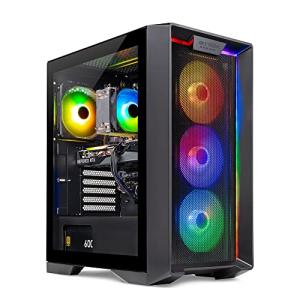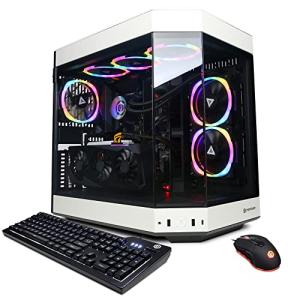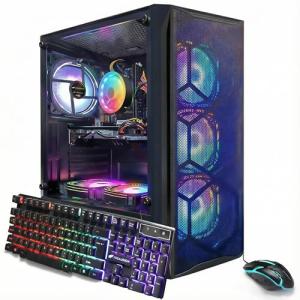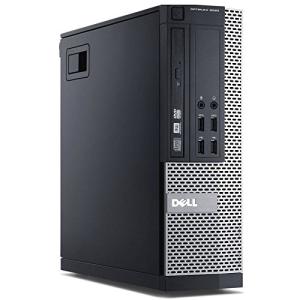Custom-built PCs are a testament to performance and personalization, but their bespoke configurations also demand robust security measures to safeguard data and maintain system stability. In a landscape of evolving cyber threats, adopting comprehensive security practices is essential to protect sensitive information and ensure continuous reliable operation.
A key element of PC security is system hardening. This begins with installing a genuine, trusted operating system and utilizing reputable security software to counteract malware, ransomware, and viruses. Enabling firewalls, running up-to-date antivirus programs, and deploying intrusion detection systems create a multi-layered defense that monitors all entry points, helping to prevent unauthorized access before it occurs.
Encryption serves as a cornerstone for protecting confidential data. Implementing full-disk encryption, securing data-at-rest, and maintaining encrypted backups ensure that even if hardware is compromised, sensitive information remains inaccessible to unauthorized users. Strong password policies and multi-factor authentication further bolster this defense, making it significantly more difficult for cybercriminals to infiltrate the system.
Hardware-based security features add an additional layer of protection. Incorporating technologies such as Trusted Platform Module (TPM) chips and Secure Boot verifies that only trusted software is loaded during startup. This preemptive approach prevents boot-level attacks and ensures that the system’s firmware has not been tampered with. Such measures, used in concert with regular software updates, help maintain the integrity of the system from power-on to shutdown.
Network security is equally critical in protecting a custom PC. Using secure routers with advanced configuration options, implementing Virtual Private Network (VPN) services, and establishing segmented networks minimizes risks when the system is connected to the internet. Encrypting wireless communications and continuously monitoring network traffic further reduce vulnerabilities, particularly in environments where public or unsecured networks are accessed.
User education remains a vital part of maintaining a secure PC environment. Staying informed about recent cyber threats such as phishing attacks or social engineering scams enables users to recognize and avoid potential risks. Regular training on cybersecurity best practices, combined with routine software and hardware evaluations, creates a culture of vigilance that actively contributes to system resilience.
By integrating these layered security practices—from system hardening and robust encryption to hardware safeguards and network defense—custom PC builders can enjoy both the performance and flexibility their systems offer while safeguarding data integrity and ensuring long-term reliability. As cyber threats evolve, the commitment to proactive security measures remains critical in building a resilient, future-proof computing environment.
---
### SEO Keywords:
custom PC security, data protection, system hardening, antivirus, firewalls, encryption, full-disk encryption, multi-factor authentication, Trusted Platform Module, Secure Boot, network security, VPN, cybersecurity best practices, intrusion detection
View our related products
See more



Best Practices for Data Protection and System Integrity
Custom PC Security
Related Articles
Top Picks for Best High Performance PCs
Find Your Perfect Powerhouse for Gaming and Work
Best High Performance PCs for Every Gamer
Find the perfect setup to boost your gaming experience
Best High Performance PCs You Can Buy Right Now
Unleash your gaming and productivity with top-notch computers available today
View our related products
See more




